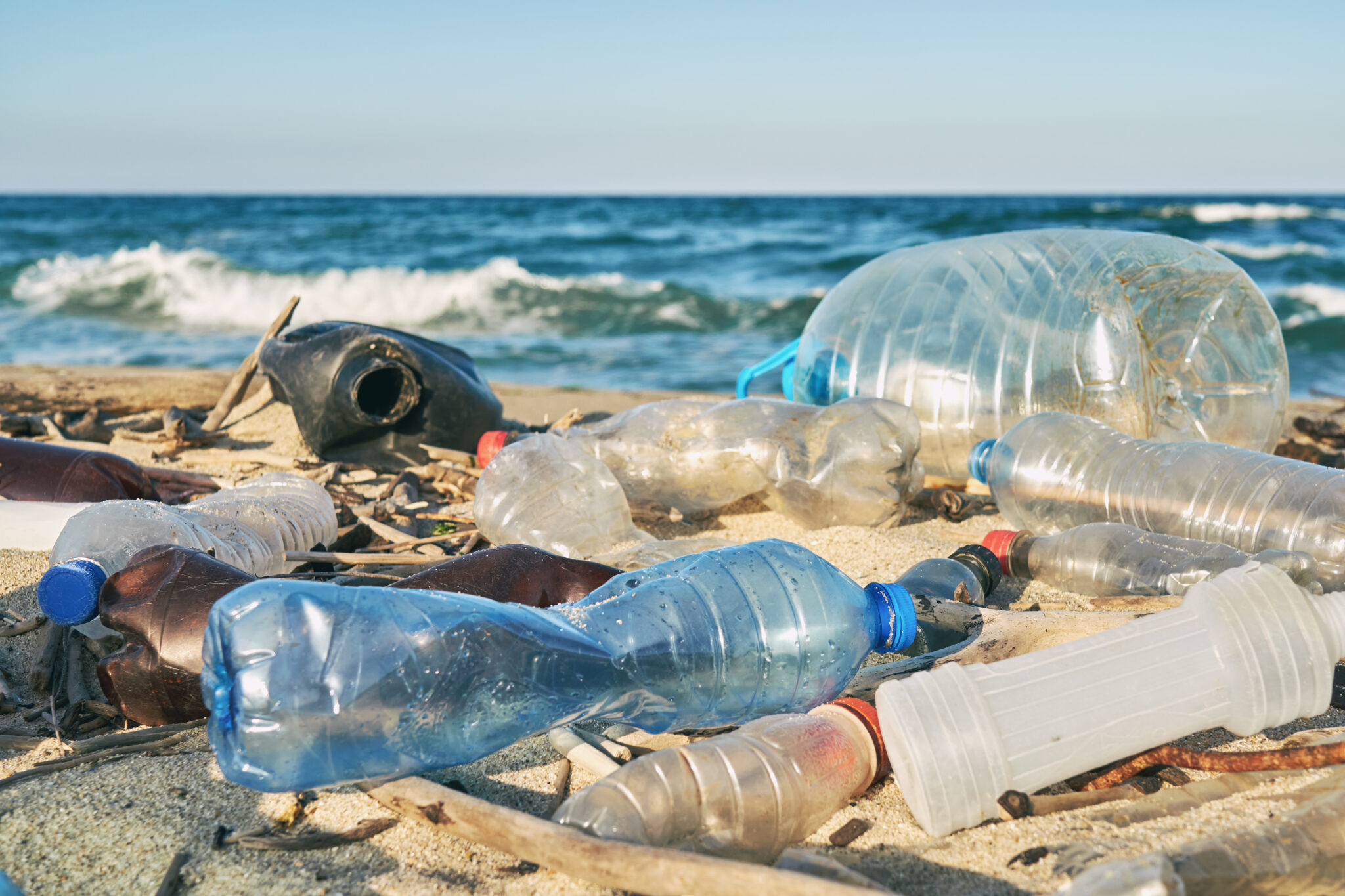The Great Plastic Delusion: Why Recycling Isn’t Enough

As a tech enthusiast, I’m fascinated by innovation and its potential to solve global challenges. However, some problems require more than just technological advancements – they demand a fundamental shift in our thinking and behavior. The plastic pollution crisis is a stark reminder of this reality.
We’re led to believe that tossing plastic into the recycling bin absolves us from responsibility. But the truth, as MIT Technology Review reveals, is far more unsettling. The vast majority of our plastic waste doesn’t get recycled; it ends up in landfills, incinerators, or worse – polluting our environment and jeopardizing our health.
This isn’t just a matter of irresponsible disposal. The sheer scale of plastic production, fueled by its low cost and high profitability, has created a monster we can no longer control.
Unveiling the Ugly Truth Behind Plastic Recycling
Let’s break down the sobering statistics:
- Global plastic production: 430 million tons annually (more than the weight of all humans combined).
- Fate of plastic waste: 72% ends up in landfills or the environment.
- Global recycling rate: A dismal 9% of all plastic ever produced.
- Ocean plastic pollution: 8-11 million tons enter the ocean each year (equivalent to a garbage truck of plastic every minute).

These figures paint a grim picture, but the problem extends beyond sheer volume. Microplastics, tiny fragments resulting from plastic degradation, are infiltrating every corner of our planet – from the deepest oceans to the air we breathe and the food we consume.
The Illusion of Recycling and the Need for Systemic Change
While recycling plays a role in waste management, it’s not the silver bullet we’ve been led to believe. Current recycling processes are energy-intensive, often resulting in downcycled products of lower quality. Moreover, many types of plastic can only be recycled a limited number of times before their integrity degrades.
The solution lies in a multi-pronged approach that tackles the issue at its source:
- Reduce Plastic Production: This is the most critical step, albeit politically charged due to the immense power of the plastic industry. We need stricter regulations, levies on virgin plastic production, and a shift towards alternative materials.
- Embrace Circularity: This involves designing products for reuse and incorporating recycled content. Think reusable packaging, refill schemes, and extending product lifespans.
- Invest in Sustainable Alternatives: Bio-based plastics, while not a perfect solution, offer a less harmful alternative to conventional plastics. We also need to explore and incentivize the development of packaging and products made from renewable resources like fungi and hemp.
- Improve Recycling Infrastructure: Investing in efficient sorting and processing facilities, particularly in underserved communities, is crucial for increasing recycling rates and reducing contamination.
- Extended Producer Responsibility (EPR): Holding plastic producers accountable for the entire lifecycle of their products, including end-of-life management, is essential for funding sustainable waste management systems.
The Role of Technology and Innovation
While policy changes and behavioral shifts are paramount, technology can play a vital role in mitigating the plastic crisis. Researchers are exploring innovative solutions, including:
- Advanced Recycling Technologies: These technologies, such as chemical recycling, can break down complex plastics into their molecular building blocks, allowing for the creation of high-quality recycled materials.
- Bio-based Plastics: Scientists are developing bioplastics derived from renewable resources like plants and algae, offering a potentially more sustainable alternative to traditional plastics.
- Plastic-Eating Enzymes: Researchers have discovered enzymes that can break down certain types of plastic, potentially paving the way for more efficient and environmentally friendly recycling methods.

A Call to Action: Rethinking Our Relationship with Plastic
The plastic pollution crisis is a complex issue with no easy solutions. However, by acknowledging the limitations of recycling and embracing a systemic approach, we can begin to turn the tide.
Here are some resources for further exploration:
- The New Plastics Economy Global Commitment: A global initiative led by the Ellen MacArthur Foundation, bringing together businesses, governments, and other organizations to accelerate the transition to a circular economy for plastic.
- Plastic Pollution Coalition: A global advocacy organization working to stop plastic pollution and its toxic impacts.
- 5 Gyres Institute: A non-profit organization dedicated to conducting research and advocating for solutions to plastic pollution in our oceans.
The future of our planet depends on our collective action. Let’s demand change from corporations, support sustainable innovations, and adopt responsible consumption habits. Together, we can break free from the plastic delusion and create a cleaner, healthier future.




